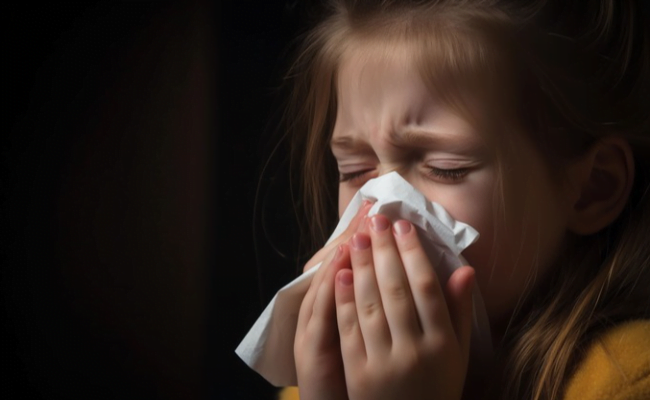Undergoing an allergy test can be a monumental step towards understanding your body better. These tests help to identify specific substances causing adverse reactions in your body. One of the most common types of allergy test is the skin test. Preparing for allergy skin testing, which includes skin prick tests, requires certain steps to ensure accurate test results. So, let’s delve into these vital instructions before testing.
Understanding Allergy Testing
The term “allergy” refers to the body’s hypersensitive response to certain substances, also known as allergens. These can range from pet dander and dust mites to certain foods and medications. Allergy testing helps pinpoint the allergens responsible for symptoms like a runny nose, itchy eyes, or nasal congestion.
Skin tests, especially, are commonly recommended due to their effectiveness. This testing involves applying allergens to your skin, often via a skin prick test. If you’re allergic, your skin will exhibit a positive reaction, like swelling or redness.
Medications and Allergy Testing
Before your allergy test, your doctor will review your medical history and the list of medications you take. Certain medicines can interfere with allergy skin testing. Notably, antihistamines like Allegra, Zyrtec, Benadryl, Claritin, or Allegra D, which are usually taken for allergy symptoms, can suppress the skin’s reaction to allergens. Therefore, it is crucial to stop using these medications at least five days prior to testing.
Beta blockers, used for conditions like high blood pressure or heart problems, can also interfere with the test. Therefore, patients taking these drugs might require a different type of testing.
Steroid nasal sprays and oral antihistamines can reduce skin reactions, impacting the test results. If you are using such medications, you should consult with your doctor about how long to stop these before testing.
Considerations for Accurate Skin Testing
Aside from the medications, several other factors can impact the accuracy of your skin tests. The presence of a severe skin condition like eczema or psoriasis can make skin testing difficult. In such cases, your doctor might recommend an alternative method of testing.
It’s essential to inform your doctor if you have a history of severe allergic reactions or any underlying conditions like high blood pressure or heart problems, which might risk your health during testing.
Cosmetic products like hair sprays or makeup might affect the skin’s response during the allergy skin testing. To ensure that your skin is in its most natural state, it’s best to avoid these products before your appointment.
Day of Allergy Test
On the day of your test, remember to wear comfortable clothes as skin testing often involves exposing a large part of your skin. Avoid using lotions, creams, or oils on your skin, as these could potentially affect the results.
If you’ve been using eye drops, inform your doctor. The active ingredients in some eye drops can interact with allergens, skewing the test results.
Stay hydrated but avoid caffeinated beverages on the day of the test. Caffeine can suppress skin test reactions, leading to potentially inaccurate results.
After the Allergy Test
Upon completion of the skin tests, the doctor will review your allergy test results. Depending on your reactions, they might recommend treatment options or lifestyle changes to manage your allergies.
Do not be disheartened if you test positive for multiple allergens. The test helps identify what your body reacts to, but it doesn’t necessarily mean you’re severely allergic to all of these substances. The intensity of skin reactions does not always correlate with the severity of your allergic reactions.
Conclusion
Understanding the instructions before testing can significantly enhance the accuracy of your allergy test results. Communicate openly with your doctor about your medical history and current medications, and adhere to their advice for the pre-test period.
Remember, allergy testing is an essential step towards effective treatment and the management of allergies. With proper preparation, your allergy test will be a smooth process leading you closer to a healthier life.
Contact your healthcare provider today to schedule an appointment for an allergy test and begin your journey to understanding and managing your allergies better.
Take the First Step to Your Child’s Allergy-Free Future with Powers Pediatrics
It’s never easy seeing your child suffer from allergies. At Powers Pediatrics, we understand the importance of identifying the root cause to tailor the most effective treatment. Empower your child with the knowledge of their allergies and pave the way for a healthier, happier future.
Don’t let allergies limit your child’s potential. Take the crucial first step. Book an allergy test appointment with our experienced, compassionate pediatric allergists today. Together, we can help your child live their life to the fullest, without the constant worry of allergic reactions.
Remember, the journey towards an allergy-free life starts with a single test. Start that journey with Powers Pediatrics now.



